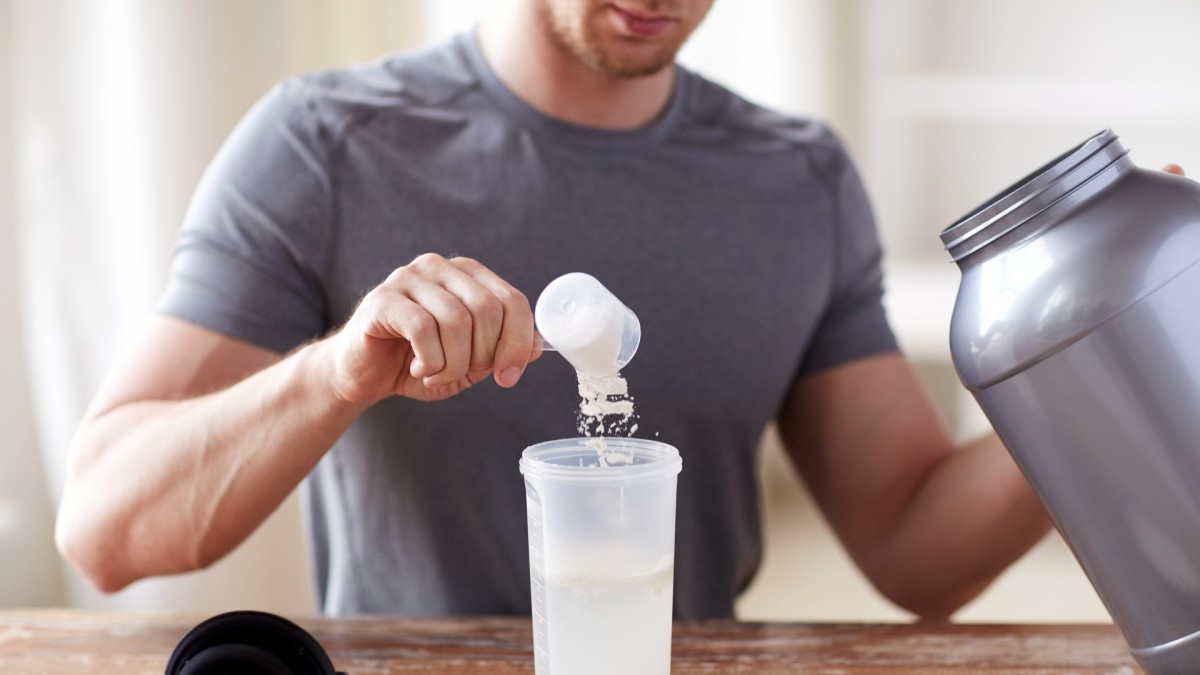The Muscle-Building Benefits of Creatine Aren't What They're Cracked up to Be, Bold New Research Suggests
Here's what the small study found.

If you’re looking to build muscle, two supplements consistently get the expert stamp of approval: protein powder and creatine. Creatine, in particular, is one of the most analyzed supplements around, with studies showing it speeds up recovery and supports muscle growth. But new research is challenging its long-held reputation, raising questions about just how effective it really is.
The study, published in Nutrients, followed 63 people ages 18 to 50 with a BMI of 30 kg or less through a 12-week resistance-training program. The participants had not done any resistance training in the last 12 months and were also not meeting the minimum recommended physical activity—at least 150 minutes of moderate-intensity exercise per week at the time of the study. They were also not taking creatine.
At the beginning of the research, individuals were broken into two groups. One group took 5g of creatine per day for 13 weeks, including a one-week wash-in period and 12 weeks of resistance training. The control group received no creatine or placebo.
“We had what we call a wash-in phase, where half of the participants started taking the supplement, without changing anything else in their daily life, to give their body a chance to stabilise in terms of its response to the supplement,” said senior author Dr. Mandy Hagstrom from UNSW’s School of Health Sciences.
During the wash-in phase, neither group exercised, and the creatine group took 5g of pure creatine monohydrate daily for seven days.
Next, both groups followed a 12-week resistance-training program, training three times a week. The control group took no supplements, while the creatine group maintained their daily 5g intake.
Researchers discovered during the wash-in phase, participants (specifically women) saw an increase in lean body mass. After that first week, though, the muscle gains dropped back to equal those of the control group.
“The people taking the creatine supplement saw changes before they even started exercising, which leads us to believe that it wasn’t actual real muscle growth, but potentially fluid retention,” Hagstrom said. “Then, once they started exercising, they saw no additional benefit from creatine, which suggests that five grams per day is not enough if you’re taking it for the purposes of building muscle.”
In contrast to previous findings, the study concluded that creatine use had no additional effect on changes in lean body mass when combined with resistance training. Because of this, the researchers in this study question the formerly recommended 5g dose and think a higher dose may be necessary.
Don't chuck the supp just yet. The findings are from a small study group and don't negate creatine's other benefits, such as exercise recovery and brain function.

















_Zoonar_GmbH_Alamy.jpg?#)




















































